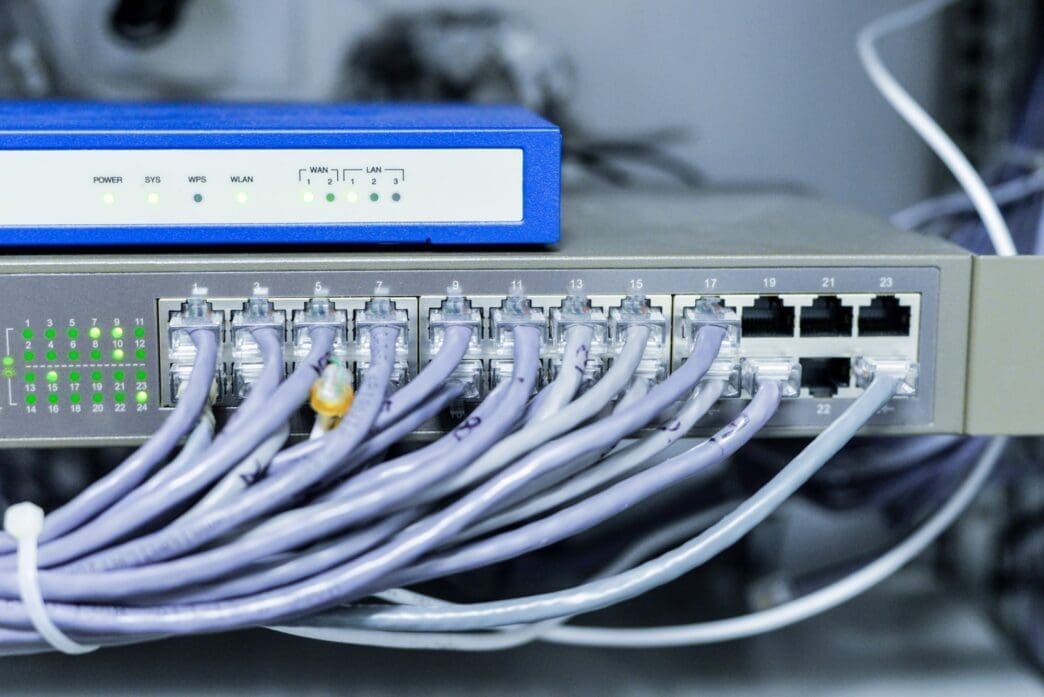US officials have launched an investigation into potential national security risks linked to a telecommunications firm originating from China, whose routers are extensively used in the United States. Concerns are mounting over the possibility that these devices could serve as entry points for hackers backed by China, enabling espionage activities within US infrastructure.
The US Commerce Department has initiated a probe focusing on TP-Link, a company known for its cost-effective and prevalent routers. This investigation could potentially lead to a ban on the sale of TP-Link routers in the US, reflecting broader efforts within the Biden administration to counter China’s cyber activities targeting American telecom sectors. These measures will extend into the incoming Trump administration, which faces the formidable task of curbing China’s use of cyber operations for intelligence purposes.
The scrutiny surrounds TP-Link’s restructuring efforts, setting up a US headquarters in California, distinct from its Chinese operations. While TP-Link claims its US security measures align with industry standards, the company is under review, although no misconduct is currently alleged. Notably, China has a history of utilizing hacking groups to exploit telecom systems globally, gathering sensitive information.
The revelation of a hacking campaign targeting prominent US political figures, including President-elect Trump, has intensified the urgency of these investigations. Alleged Chinese hackers infiltrated several US telecom providers, tapping into communications and accessing sensitive data. Although TP-Link’s equipment hasn’t been directly tied to these breaches, the incidents expose vulnerabilities within telecom infrastructure, prompting US officials to reassess their protocols.
In response, proposals have emerged to tighten cybersecurity regulations for telecom providers. A draft bill by Senator Ron Wyden advocates for mandatory security audits, amid telecom executives’ acknowledgments that enhanced security measures are inevitable post-breach. This highlights an industry grappling with balancing privacy concerns against robust cybersecurity defenses.
Historically, US intelligence agencies have also exploited telecom networks, as disclosed by former contractor Edward Snowden. This backdrop underscores the ongoing cyber tensions with China, as discussions between US diplomats and Chinese officials reveal frustrations over the breadth of the Salt Typhoon hacking incidents.
Criticism partially falls on telecom carriers and equipment manufacturers for inadequate security protocols, which may have intensified the impact of the alleged Chinese cyberattacks. However, the sophistication of these hackers suggests potential breaches regardless of existing defenses. This situation demands a shift towards mandatory security practices, as highlighted by calls for regulatory reforms to prevent future compromises.
Amidst increasing cyber threats, the US is actively seeking to secure its communication infrastructure against foreign espionage. As investigations continue, the balance between maintaining robust network security and protecting privacy remains a significant challenge for telecom providers. This evolving landscape necessitates decisive action to enhance cybersecurity standards and protect national interests.








